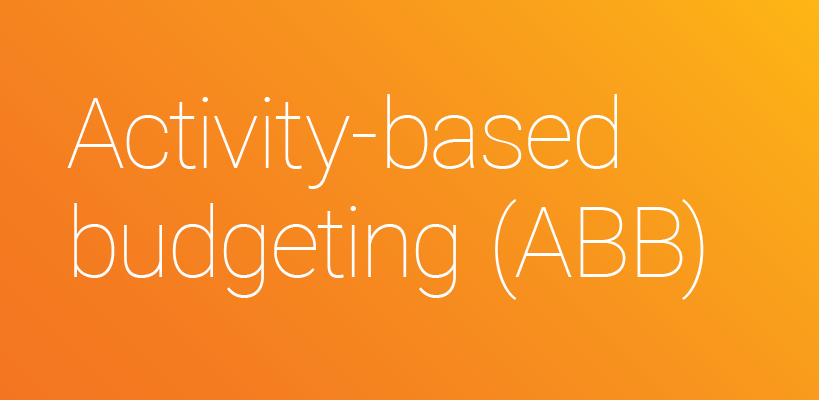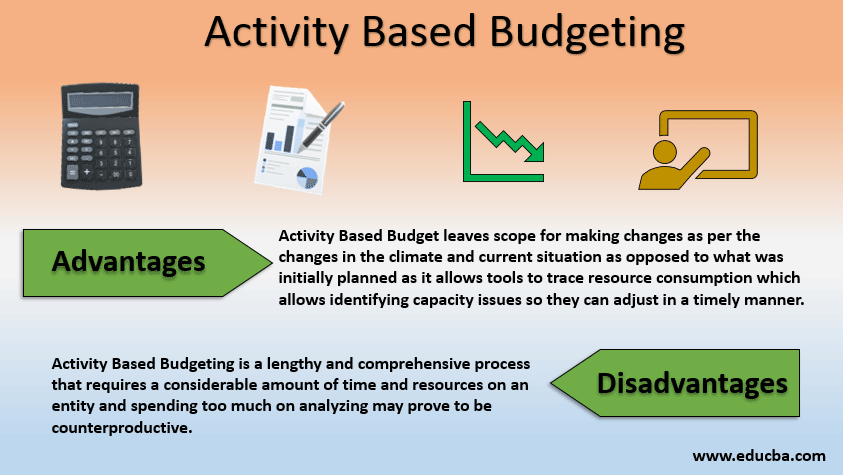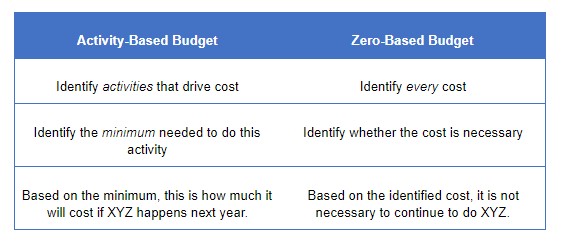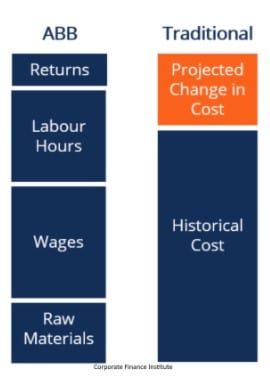Activity-Based Budgeting (ABB) is an effective financial planning tool used by organizations to determine how much money to allocate for each activity or project within a given period of time. It is an organized approach to budgeting that takes into account various costs associated with each activity or project, such as overhead expenses, labour costs, and materials. ABB helps to maximize the efficiency of resources and minimize costs, while also taking into account the needs of the organization. ABB is a key tool in financial planning, as it helps to ensure that all activities and projects are appropriately funded, while also accounting for the overall needs of the organization.
What Is Activity-Based Budgeting (ABB) and How Can It Help Your Business?

Activity-Based Budgeting (ABB) is a budgeting system that helps businesses to gain better control over their finances. Unlike traditional budgeting systems, ABB focuses on the activities that drive the costs of a business, such as marketing and production. By breaking down the budget into smaller components, businesses can gain more insight into their spending and identify areas where costs can be reduced. ABB can also help businesses to better understand their income and expenses, and plan for future growth. With ABB, businesses can gain a better understanding of their financial performance and make more informed budgeting decisions.
Exploring the Benefits of Activity-Based Budgeting (ABB)

Activity-Based Budgeting (ABB) can be an incredibly beneficial tool for businesses of all sizes. From giving managers more detailed insight into the costs associated with particular projects, to providing a more accurate estimate of costs for future projects, ABB can help businesses make more informed decisions. On top of that, ABB gives businesses a better understanding of their overall financial health, allowing them to better manage resources and make more strategic decisions. And, because it focuses on individual activities, it can be more useful than traditional budgeting methods in that it can help businesses identify opportunities for cost savings. ABB can also help businesses stay on track when it comes to meeting their financial goals, so it’s a great tool to have in your arsenal.
Understanding the Process of Activity-Based Budgeting (ABB)

Activity-Based Budgeting (ABB) is a budgeting technique that looks at individual activities and assigns costs to them. It’s a way to break down the costs of operations into their individual components and apportion them to the activities that make up those operations. ABB is different from traditional budgeting techniques in that it focuses on the activities required to deliver a product or service, rather than on the functions or departments that make up the organization. This helps to better understand the cost of each activity and to allocate resources accordingly. With activity-based budgeting, organizations can make better decisions on where to allocate resources, resulting in increased efficiency and reduced costs.
Key Strategies to Implement Activity-Based Budgeting (ABB)

Activity-Based Budgeting (ABB) is a budgeting system that is based on activities and cost drivers. This type of budgeting is designed to help organizations allocate resources more effectively and efficiently. It is a more detailed form of budgeting than traditional budgeting and focuses on activities, rather than on generic categories. Key strategies to implementing Activity-Based Budgeting (ABB) include establishing activity centers, identifying cost drivers, allocating costs to activities, and reviewing and revising the budget. Establishing activity centers involves categorizing activities into groups based on common characteristics. Identifying cost drivers requires analyzing the costs of each activity to determine which factors are driving those costs. Allocating costs to activities entails assigning costs to each activity, while reviewing and revising the budget involves regularly evaluating the budget to ensure it remains accurate and up-to-date. Implementing Activity-Based Budgeting (ABB) can help organizations reduce costs, increase efficiency, and improve decision-making. It can also provide valuable insights into cost and activity relationships, allowing organizations to make better decisions about resource allocation.
Common Mistakes to Avoid When Using Activity-Based Budgeting (ABB)

.Using Activity-Based Budgeting (ABB) can be a great way to get the most out of your budget, but there are a few common mistakes that you should avoid if you want to make sure you’re getting the most from your budget. One of the most important mistakes to avoid is not accounting for all of the activities that are related to the budget. For example, if you’re budgeting for a project, make sure that you factor in the cost of materials, labor, and any other related activities. Another mistake to avoid is not taking into account the costs associated with changes in the budget over time. You should also be aware of any hidden costs that might be associated with the budget and make sure you account for them. Finally, make sure you review your budget regularly to make sure it is still aligned with your goals and objectives. By avoiding these common mistakes, you can ensure that your Activity-Based Budgeting (ABB) is working to your advantage.




